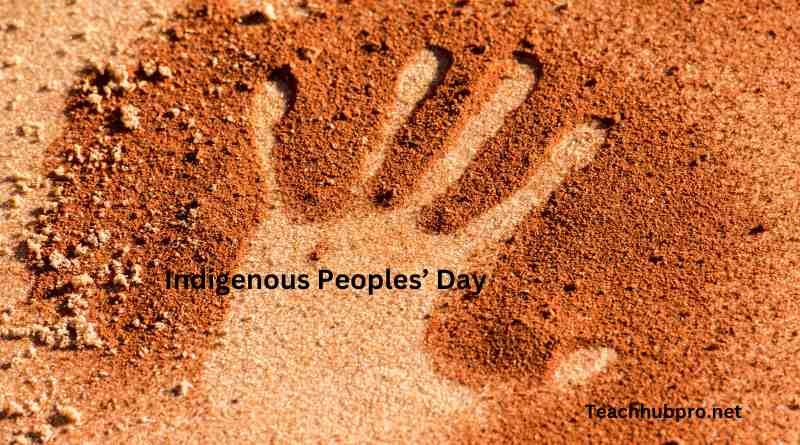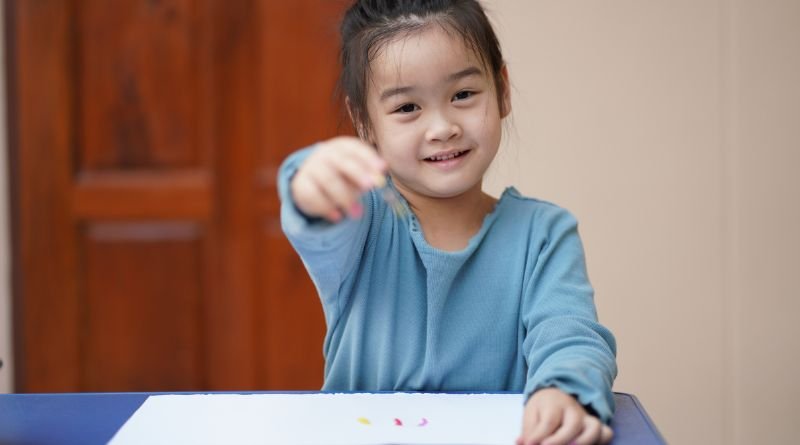The Reclamation of History: Embracing Indigenous Peoples’ Day

Introduction
Indigenous Peoples’ Day, celebrated on the second Monday of October, stands as a testament to the resilience and cultural heritage of indigenous communities across the globe. As the world grapples with the legacies of colonialism and imperialism, this day serves as a platform for acknowledging the historical injustices inflicted upon indigenous peoples and celebrating their rich contributions to society. In this article, we delve into the significance of Indigenous Peoples’ Day, its historical roots, and its evolving role in reshaping collective narratives.
Honoring Indigenous Voices
Indigenous Peoples’ Day represents a pivotal shift in societal consciousness, moving away from the glorification of colonial figures toward the recognition of indigenous resilience and resistance. By commemorating this day, communities honor the enduring traditions, languages, and customs of indigenous peoples that have withstood centuries of oppression. It provides an opportunity to amplify indigenous voices and reclaim narratives that have been marginalized or erased by dominant historical accounts.
Historical Context
The origins of Indigenous Peoples’ Day can be traced back to the early 1990s when indigenous activists and advocates, disillusioned by the celebration of Columbus Day, began advocating for a more inclusive holiday. They sought to challenge the romanticized narratives surrounding Christopher Columbus and highlight the brutal realities of colonization, including genocide, displacement, and cultural assimilation, experienced by indigenous populations. Over time, their efforts gained momentum, leading to the adoption of Indigenous Peoples’ Day in various cities and states across the United States and beyond.
Cultural Revitalization
Indigenous Peoples’ Day serves as a catalyst for cultural revitalization within indigenous communities, fostering a renewed sense of pride and identity. It provides an opportunity for intergenerational knowledge-sharing, as elders pass down traditional practices and teachings to younger generations. Moreover, it encourages indigenous youth to reclaim their heritage and language, strengthening cultural connections and fostering a sense of belonging.
Educational Opportunities
One of the primary goals of Indigenous Peoples’ Day is to promote education and awareness about indigenous histories and contemporary issues. In schools and universities, educators have increasingly incorporated curriculum materials and lesson plans that center indigenous perspectives, challenging Eurocentric narratives and fostering critical thinking skills among students. By integrating indigenous knowledge systems into educational frameworks, society can cultivate a more nuanced understanding of the complex legacies of colonialism and the ongoing struggles for indigenous rights and sovereignty.
Environmental Advocacy
Indigenous Peoples’ Day also intersects with environmental advocacy, as indigenous communities often serve as stewards of the land and guardians of biodiversity. Traditional ecological knowledge, passed down through generations, offers invaluable insights into sustainable resource management and conservation practices. By recognizing and supporting indigenous land rights and sovereignty, society can work towards fostering more equitable and environmentally sustainable relationships with the natural world.
Challenges and Opportunities
While Indigenous Peoples’ Day represents a significant step towards honoring indigenous resilience and reclaiming historical narratives, there are ongoing challenges and opportunities for further progress. Addressing systemic injustices, such as land dispossession, environmental degradation, and socio-economic disparities, remains essential for achieving genuine reconciliation and justice. Additionally, efforts to decolonize educational curricula and institutions must be accompanied by meaningful engagement with indigenous communities and respect for their self-determination.
Conclusion
Indigenous Peoples’ Day stands as a powerful symbol of resistance, resilience, and cultural pride. By embracing this day, society reaffirms its commitment to justice, equity, and the recognition of indigenous rights and contributions. As we continue to confront the legacies of colonialism and strive towards a more inclusive future, Indigenous Peoples’ Day serves as a beacon of hope and solidarity, reminding us of the importance of honoring diverse perspectives and histories.
Visit also







